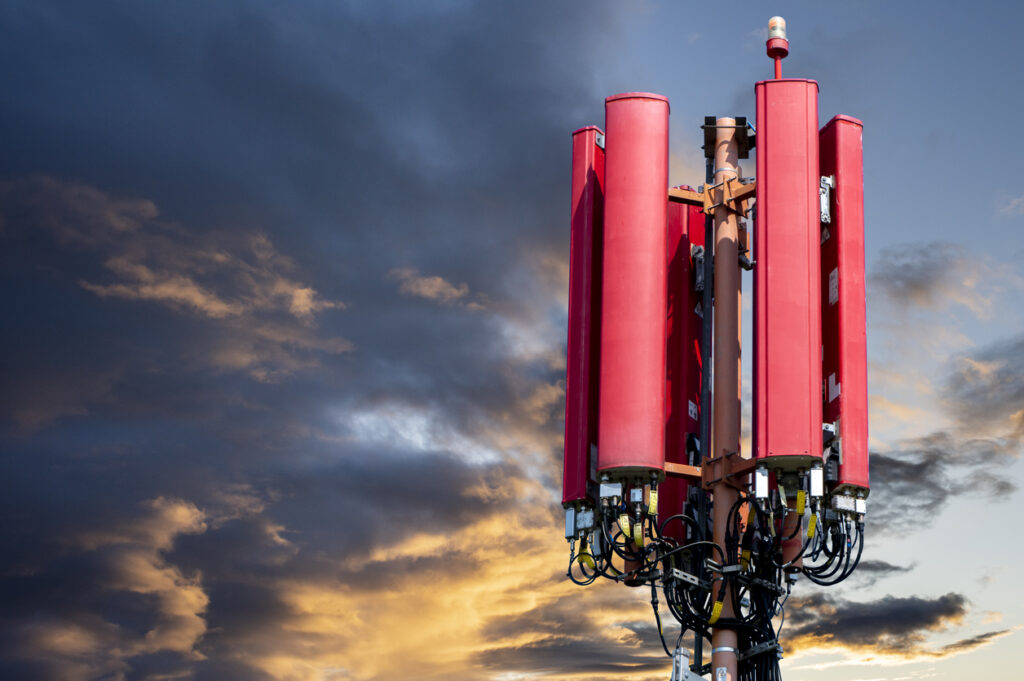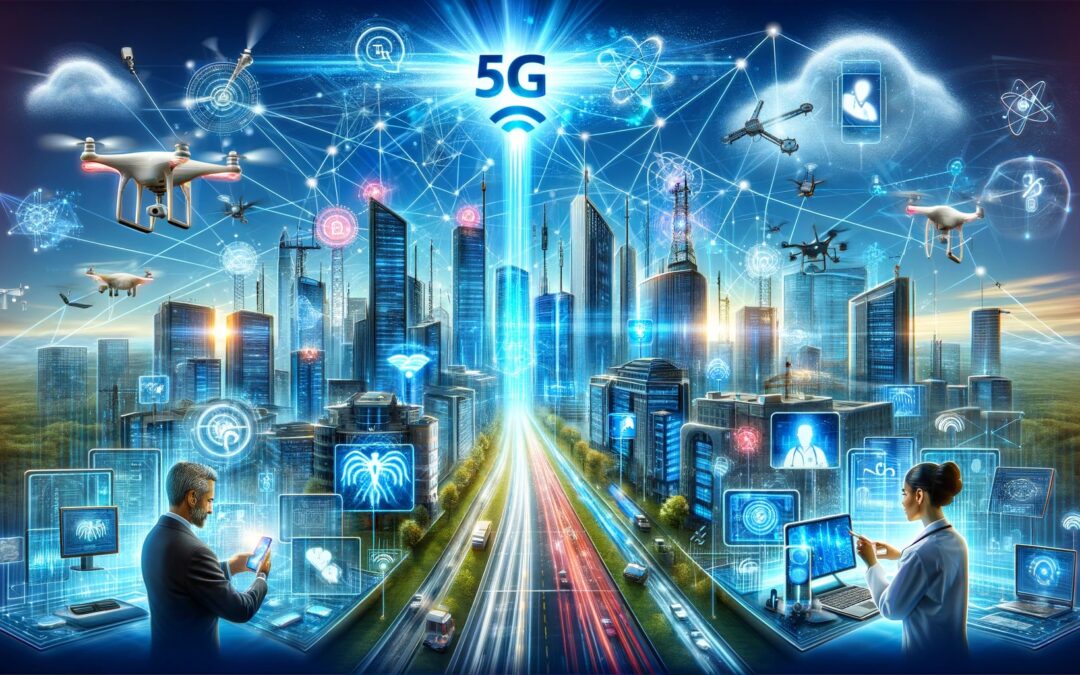In the rapidly evolving landscape of technology, the integration of systems plays a pivotal role in driving efficiency, innovation, and growth across industries. As businesses seek to harness the power of connectivity to optimize operations and deliver value to customers, the emergence of fifth generation (5G) wireless technology stands poised to revolutionize the field of system integration. With its promise of faster speeds, lower latency, and greater reliability, 5G is set to unlock a new era of integration, transforming the way businesses operate and interact with the digital world.
Unleashing the Power of Speed and Reliability
At its core, 5G represents a paradigm shift in wireless connectivity, offering speeds up to 100 times faster than existing 4G networks and significantly lower latency. This exponential increase in bandwidth and responsiveness opens up a wealth of opportunities for system integrators, enabling them to design and deploy solutions that were previously unimaginable.
5G’s enhanced speed and reliability enable seamless communication between devices, systems, and applications, facilitating real-time data exchange and enabling near-instantaneous response times. This enables businesses to optimize processes, improve decision-making, and deliver superior customer experiences.

Empowering Remote Operations
One of the most profound implications of 5G technology for system integrators is its ability to empower remote operations on an unprecedented scale. With 5G-enabled connectivity, businesses can leverage high-speed, low-latency networks to remotely monitor and control equipment, machinery, and infrastructure in real-time, regardless of geographical location.
For instance, in industries such as manufacturing, energy, and transportation, 5G facilitates the deployment of autonomous systems and remote-controlled drones for tasks such as asset inspection, maintenance, and surveillance. This not only enhances operational efficiency but also improves safety by minimizing the need for human intervention in hazardous environments.
Revolutionizing Real-Time Data Processing
In addition to enabling remote operations, 5G technology revolutionizes real-time data processing, allowing system integrators to extract insights and make informed decisions at unprecedented speeds. With 5G’s ultra-low latency, data can be transmitted and processed in near real-time, paving the way for applications such as predictive analytics, machine learning, and augmented reality.
For example, in healthcare, 5G-powered telemedicine platforms facilitate remote consultations, diagnostic imaging, and surgical procedures with minimal latency, enabling healthcare providers to deliver high-quality care to patients regardless of their location. Similarly, in retail, 5G enables immersive shopping experiences through augmented reality applications that allow customers to visualize products in their own environment before making a purchase.

Overcoming Challenges and Maximizing Potential
While the potential of 5G technology in system integrations is immense, it also presents challenges that must be addressed to maximize its benefits. These challenges include infrastructure deployment, spectrum availability, security concerns, and interoperability issues.
To overcome these challenges, system integrators must collaborate closely with telecommunications providers, regulatory agencies, and technology partners to ensure the seamless integration of 5G into existing systems and workflows. This may involve investing in infrastructure upgrades, implementing robust security measures, and developing interoperable solutions that can adapt to evolving standards and protocols.
Conclusion: Embracing the Future of Integration with 5G
In conclusion, 5G technology is poised to revolutionize system integrations by providing faster speeds, lower latency, and greater reliability than ever before. With its ability to empower remote operations, revolutionize real-time data processing, and unlock transformative applications across industries, 5G holds the potential to drive innovation, enhance efficiency, and shape the future of integration.
As system integrators, it is imperative that we embrace the opportunities presented by 5G technology and work collaboratively to overcome the challenges it presents. By harnessing the power of 5G, we can unlock new possibilities, accelerate digital transformation, and create a more connected, intelligent world for generations to come.

